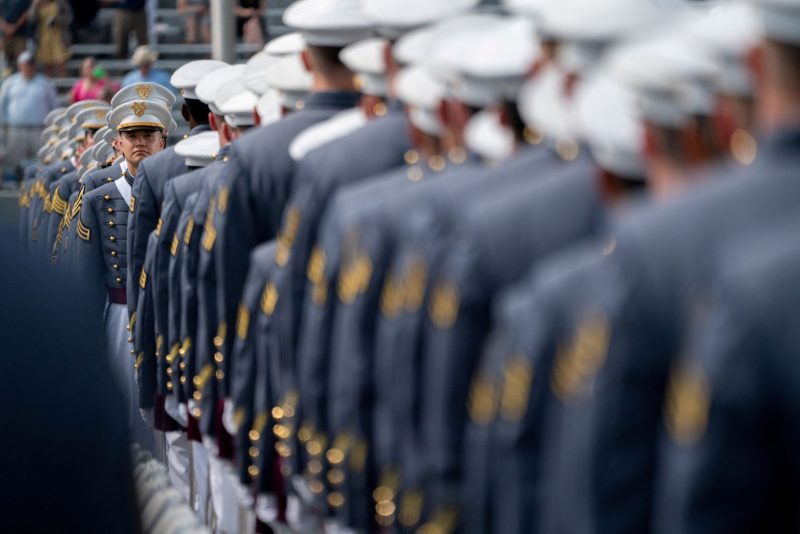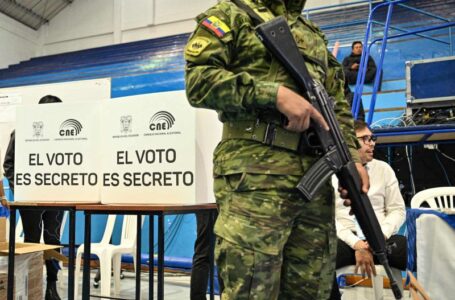Supreme Court refuses to stop West Point’s race-conscious admissions policy


The Supreme Court on Friday refused to immediately force the U.S. Military Academy at West Point to change its race-conscious admissions policies, less than a year after the court’s conservative majority rejected similar programs at other colleges and universities.
West Point’s policy was challenged in September by Students for Fair Admissions, the same group that targeted affirmative action policies at Harvard University and the University of North Carolina at Chapel Hill. The group alleges that the admissions program at West Point — which takes race into account, among other factors, in the selection of a class of future Army officers — is unconstitutional and unneeded for a military service that relies on soldiers following orders regardless of the skin color of the superiors who issue them.
The Supreme Court struck down the Harvard and UNC programs in June in a landmark decision that severely limited the role of race in college admissions nationwide. But the majority opinion, written by Chief Justice John G. Roberts Jr., left open the question of race in admissions to the military service academies. In a footnote, the majority said no military academies were a party to the lawsuits, adding that lower courts had not addressed “the propriety of race-based admissions systems in that context,” nor did the high court because of the “potentially distinct interests that military academies may present.”
In its brief unsigned order Friday, the justices denied the emergency request, saying the record before the court is “underdeveloped.”
There were no noted dissents, but the court said its order “should not be construed as expressing any view on the merits of the constitutional question.”
Three other military academies also consider race in admissions, government officials say. They are the Naval Academy, the Air Force Academy and the Coast Guard Academy.
In early January, a district judge in New York refused a request by Students for Fair Admissions to immediately upend West Point’s admissions practices. The group then appealed and asked the Supreme Court to act before the military academy begins to evaluate applications for next year, a process that it said begins after Jan. 31.
The group argued that the high court’s ruling in June did not carve out an exception for military academies and that West Point should not be permitted to “label and sort thousands more applicants based on their skin color” while the litigation continues, including for the incoming class of 2028.
“Should these young Americans bear the burden of West Point’s unchecked racial discrimination? Or should West Point bear the burden of temporarily complying with the Constitution’s command of racial equality?” the group said in its court filing.
But the Biden administration told the justices that the academy has been reviewing applications since August and that the process will continue through April or May.
For years, the nation’s elite military academies have taken race and ethnicity into account in an effort to help ensure future officers include enough people of color to reflect the diversity of the nation and the enlisted forces they will lead.
“Our Nation’s military leaders have determined that a diverse Army officer corps is a national-security imperative and that achieving that diversity requires limited consideration of race in selecting those who join the Army as cadets at the United States Military Academy at West Point,” Solicitor General Elizabeth B. Prelogar told the justices.
Prelogar said that Students for Fair Admissions should not be allowed to second-guess the Army’s decisions about the training and composition of its force, and that the court should defer to the military’s judgments. She urged the justices to reject the group’s request to override “long-standing military judgments based on a scant factual record, limited development of the legal issues, and a manufactured emergency grounded in an artificial deadline.”











